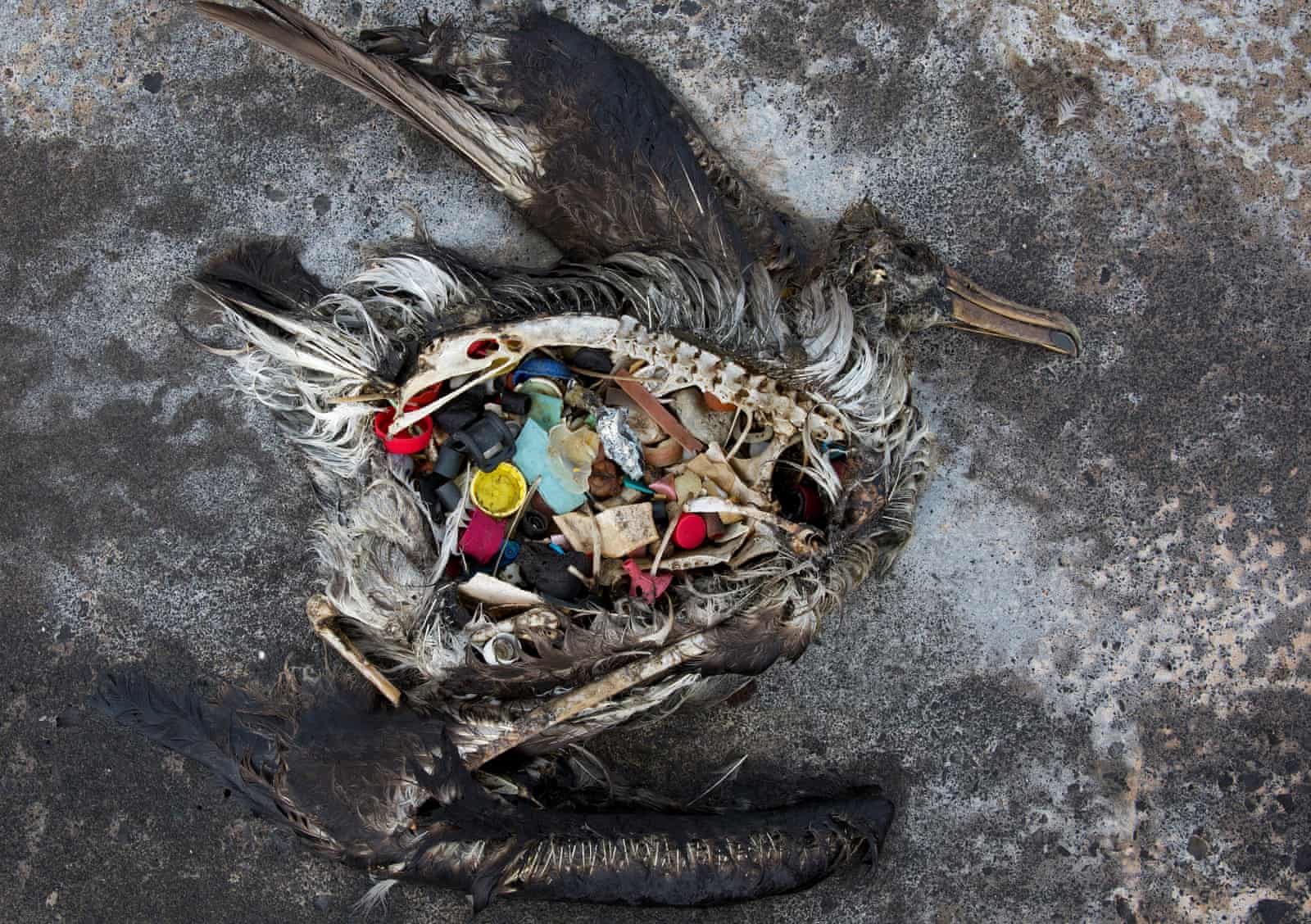Regardless if it is a flat white, latte, cappuccino, or a kopi-C, kopi, 3-in-1, what is are the two ingredients that are common in both drinks? Coffee, and milk. As I have drilled on continuously about the causes of pollution in the coffee industry, I would now diverge to a complementary product to coffee. Milk.
According to Dr. Weiss, nitrogen forms bulk of a cow's diet, and only about 33% of the nitrogen intake retains in the cow's system or secreted as milk. The remaining 67% gets excreted as manure. Due to the high nitrogen content emitted, manure was found to be the primary cause of pollution in the dairy industry.
Manure can pollute the atmosphere as it releases ammonia, which can react with other pollutants in the air to form NH4+. NH4+ compounds contain aerosols which are harmful to our respiratory systems, and contributes to global warming. They can also travel long distances, which increases the expands the area of vulnerability to a global scale. (source). However, the volatility of ammonia in the atmosphere depends on the:
of the manure (Weiss). Hence, while the ammonia released into the atmosphere via manure is pollutive, complex conditions need to be satisfied for atmospheric pollution via ammonia to be considered as serious.
Besides polluting the atmosphere, manure releases ammonia which pollutes the hydrosphere too. Grossman (2014) quotes the EPA, who found that a cow can generate almost 25 times as much nitrogen form manure as humans can from sewage. This is concerning as the nitrogen either leaches into the soils, which gets incorporated in the waters, or it is directly disposed of in the waters. Nitrogen is a highly potent pollutant in waters as it is a limiting nutrient. In other words, it controls the growth of organisms in water bodies as there are other reactants in the waters that are more abundant. Excess nitrogen in waters can promote the growth of cyanobacteria and algae, which creates anoxic environments in the water bodies, threatening the aquatic life.
Hence, as the dairy industry contributes expansively to pollution, is it perhaps time to consider milk alternatives?


No comments:
Post a Comment